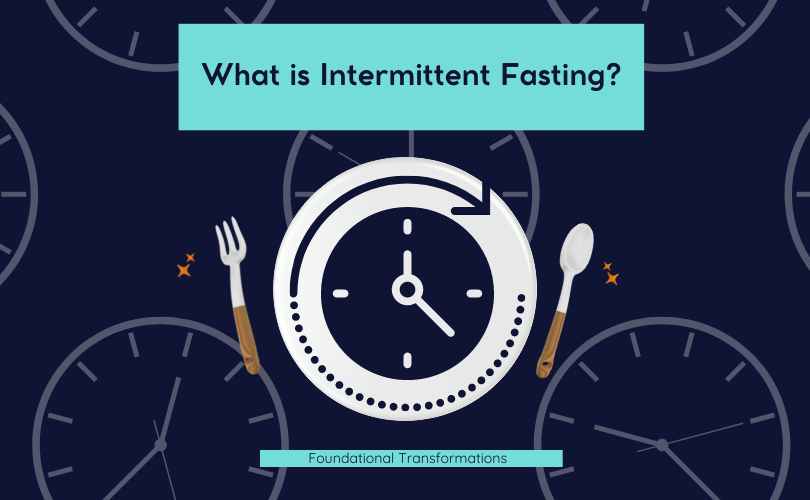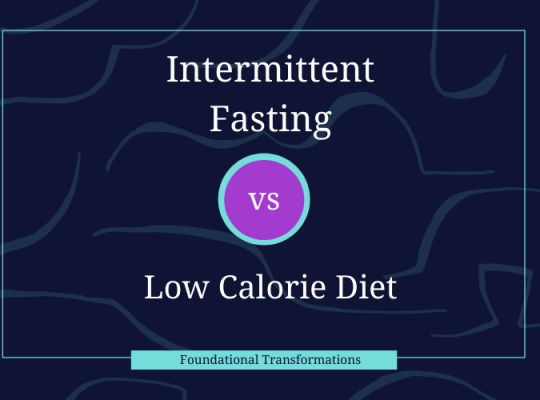Are you tired of diets that don’t work? The answer, according to researchers, may be intermittent fasting instead of dieting. Intermittent fasting is an eating pattern, not a specific diet. It’s more about when you eat than what you eat.
Doctors at John Hopkins Medical Center Have been studying intermittent fasting for over 25 years. They agree that during prehistoric times, the human body evolved to go without food for long periods.
As hunters and gatherers, early humans often couldn’t find food. Their bodies learned to compensate for long periods without food and then use food for health and energy when they had it available. Scientists tell us how to use the intermittent fasting method to lose weight and improve overall health.
Intermittent Fasting Plans
While some people fast for religious or spiritual reasons, using intermittent fasting for weight loss and health requires a plan. Doctors from John Hopkins and the Mayo Clinic offer these plans:
- 16/8 Plan
- Eat-Stop-Eat
- 5:2 Plan
- Alternate-Day Plan
The 16/8 Plan involves eating for eight hours, then fasting for 16 hours each day. People using this plan usually eat later in the day to include lunch and dinner.
The Eat-Stop-Eat Plan calls for fasting for 24 hours once or twice a week.
The 5:2 Plan allows you to eat 500-600 calories two days a week. You can eat as usual the other five days of the week.
The Alternate-Day Plan calls for eating 500-600 calories every other day and eating as usual on the opposite days.
Researchers have found that it takes about two weeks for your body to adjust to intermittent fasting, no matter what plan you use.
Benefits
Intermittent fasting has a host of benefits, including:
- Weight Loss
- Insulin Resistance
- Reduced Inflammation
- Heart Health
- Brain Health
- Reduced Cancer Risk
- Protect Against Aging
Studies published by the National Institute of Health have shown that intermittent fasting can result in weight loss. Because of the fasting periods or days, your overall calorie intake decreases, helping you lose weight. A study done by the University of Illinois showed intermittent fasting lowered blood sugar and insulin resistance, reducing the risk of Type 2 Diabetes.
A clinical trial published in the journal Free Radical Biology & Medicine decreased inflammation markers in participants. Inflammation in the body is linked to many chronic diseases, including:
- Arthritis
- Asthma
- Multiple sclerosis
- Stroke
Multiple studies, including one published in the American Journal of Clinical Nutrition, have shown that intermittent fasting may have benefits for heart health, including lowering:
- LDL cholesterol levels
- Triglycerides
- Inflammatory markers
- Blood sugar
- Insulin resistance
All these potential benefits can improve heart health. Intermittent fasting also increases brain hormones and may assist in the growth of nerve cells. Studies published in the Journal of Molecular Science and other medical journals show intermittent fasting may also protect against Alzheimer’s disease.
Studies conducted with animals show promise for intermittent fasting to reduce cancer risk and protect against aging. Gerontology journal published a study showing that rats who fasted lived 36-83% longer than rats who did not fast.
Precautions
Intermittent fasting is not for everyone. Doctors caution that women who are pregnant or breastfeeding should not use intermittent fasting as a weight-loss tool. Before starting an intermittent fasting plan, you should talk with your doctor. Intermittent fasting is not recommended if you have:
- Kidney Stones
- Gastroesophageal Reflux (GERD)
- Diabetes
- History of Eating Disorders
- Are Under 18 Years of Age
Intermittent fasting is a tool that allows you to continue an overall healthy diet while decreasing calories during fasting periods. Intermittent fasting is not designed to binge on junk food and high-calorie, high sugar snacks during regular eating periods. Along with a healthy diet, scientists have found that intermittent fasting is a useful method to improve your health and weight loss.







